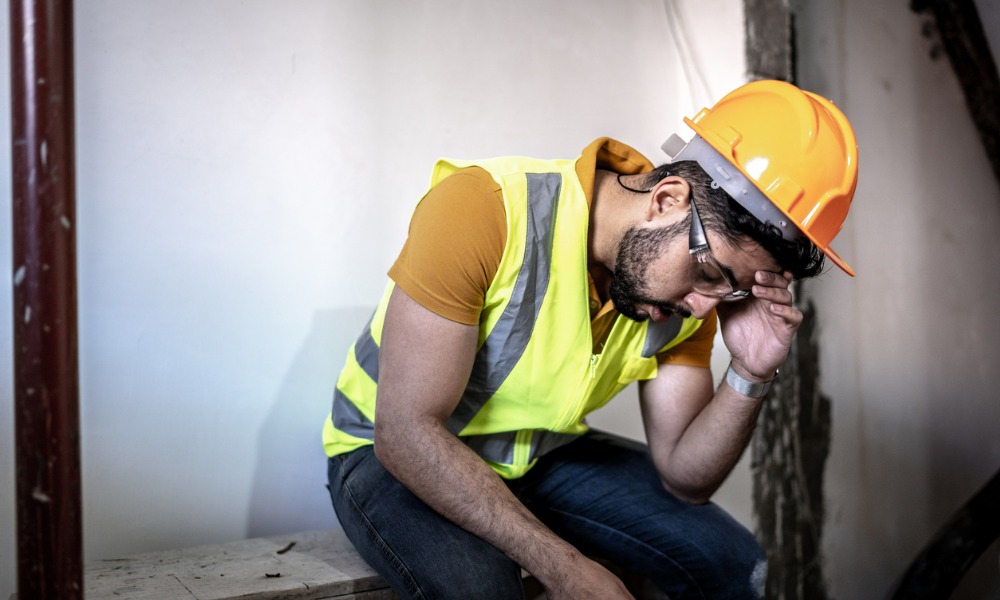
'All change is stressful if not managed well with techniques to mitigate anxiety'

Compared with older employees, workers under the age of 40 are far more likely to feel they can’t provide the solution to their problems at work, reported LifeWorks.
While just 8% of workers are not confident in their ability to cope with stressors at work, this is 60% more likely among workers younger than 40 compared with their older counterparts.
Also, while just 6% of workers are not confident in their problem-solving abilities under pressure, respondents younger than 40 are more than twice as likely as respondents older than 50 to lack that confidence.
This has something to do with the workers’ experience in the past few years, said Michael Dingle, TELUS Health COO.
“Over the last three years, young and emerging professionals have only known transitional and ever-changing workplace environments. The reality is that all change is stressful if not managed well with techniques to mitigate anxiety.”
Nearly one-third (29%) of workers typically struggle when it comes to adapting to change, but workers under 40 are more than twice as likely to have this experience compared with older workers.
Nearly all (97%) of 18-34-year-olds are burned out, according to a previous report from Cigna, a global health service company.
“As employers take a more proactive role in supporting the health and well-being of their employees, organizations and leaders need to be supported in building more resilient cultures by equipping their teams with coping skills that can be taught, modelled and reinforced,” said Dingle. “There is clearly a need for this support in today’s workplaces as employees, particularly those who are younger, continue to deal with significant change and stress.”
Seventy-nine percent of respondents are confident in their problem-solving abilities under pressure, found LifeWorks’ survey of 3,000 workers in Canada, conducted in December.
However, women are 40% more likely than men to have the same confidence, while individuals with an annual household income lower than $60,000 are more than twice as likely as individuals with an annual household income greater than $100,000 to have the same thoughts.
Many workers also appear to desire a mental health assessment, under certain conditions, reported LifeWorks.
Nearly half (49%) would be interested in a free fully confidential assessment of their mental health and well-being.
More than half of individuals in the following industries report being interested in the free confidential mental health assessment:
That’s a “call to action,” said Paula Allen, LifeWorks global leader and senior vice president for research and total wellbeing. “There is an intuitive understanding of the potential need for help as this group has much lower mental health scores than those who do not want an assessment, but most people will not have this need met.”
About the same number of workers prefer either an in-person assessment with a mental health professional (38%) or an online assessment (37%).
Only 49% of employers have formalized policies when it comes to mental health, and 30% of employees would seriously consider hopping ship to a company that offers better mental health support, according to previous reports.
“We need to leverage the opportunity to expand the reach of mental health professionals with smart use of technology so there is no gap between people wanting an assessment and getting it in a timely manner,” said Allen. “While in-person support will always have value, there is a growing preference among the population to use technology to start their personal mental health journey.”